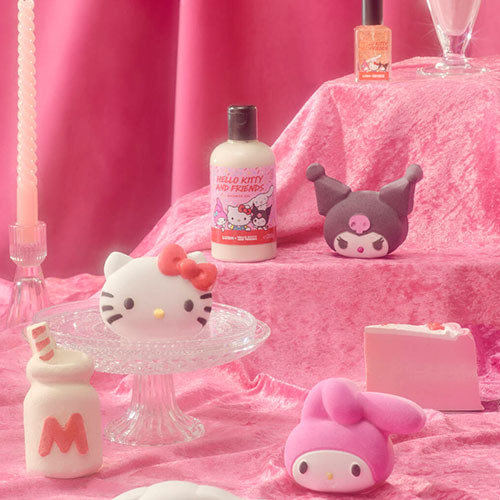Start Licensing’s Ian Downes on how licensing can come alive at retail in the lead up to Christmas.
Well we all seemed to survive a week in Docklands – Brand Licensing Europe ExCeL style seemed to run well and seemed well attended. I spent a lot of the week being overshadowed by a giant sheep – Aardman’s Shaun the Sheep must have been in the top ten of show selfies. It was a popular stopping off point for show visitors. Aardman included, lots of companies put huge effort into their stands and did the licensing business proud.
A first time visitor couldn’t fail to be impressed by the licensing business. In fact, I did try to engage a couple of visitors in a new business chat only to find out that they had ducked out of a Microsoft show on site as BLE looked more interesting! No sale but a feel good moment for licensing.
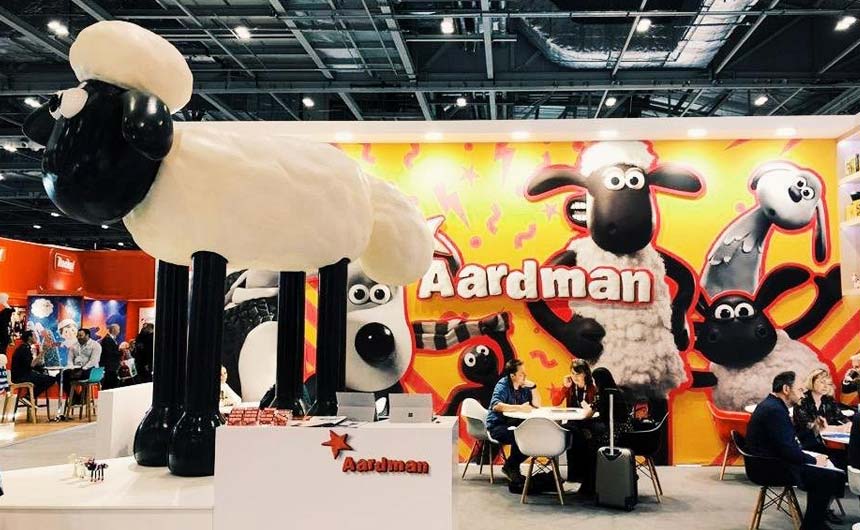
One of the recurring themes of my meetings at BLE was retail – from store closures to retailer meetings. Retail is certainly higher up the licensing agenda these days. Parts of the retail market are very crowded and, even though they are licensing friendly, they can’t support all properties. There are also question marks over some retailers and their ability to ‘survive’ at the moment. As an industry we can’t bury our heads in the sand about this and it is probably a good time to think about how we work with retailers. My view is that licensing can help retail survive and thrive.
I often think this when I am doing my looking out. My eye gets drawn especially to occasions when licensing pops up unexpectedly or in a really clever way.
Last week classic puzzle brand Rubik’s Cube opened up a pop-up store in Covent Garden to help celebrate its 40th anniversary. The shop acted as a hub for trade events, but also doubled up as a working retail store. Rubik’s was able to sell core products and licensed goods, plus some event specific merchandise. The latter activity was a test bed for designs and concepts.
Having a fully developed store gave Rubik’s the opportunity to show retailers how the brand could come alive in their shops. It was a working case study. This kind of pop-up activation gives a brand retail momentum, but also opens up conversations with new and different retailers. A well chosen licence that is curated proactively at retail can really help retailers bring customers in and in the age of online shopping ‘retail theatre’ gives consumers an incentive to go into shops. Licensing can play a big part in retail activations.

I also spotted a Red Arrows watch product in my local F Hinds independent jewellers. It was a high-end watch produced by Citizen and was accompanied by a model of a Red Arrow plane. I think it was priced up at around £600.
There wasn’t much other licensed product in the shop, but it seemed happy to stock a product that it thought fitted the store and its customers. It is easy to think of licensing as a low price value proposition, but increasingly I am seeing licensing being used for more exclusive high-end products. A plus point of this dynamic is that it creates new sales channels for licensed products and brings in new retail partners to the mix.
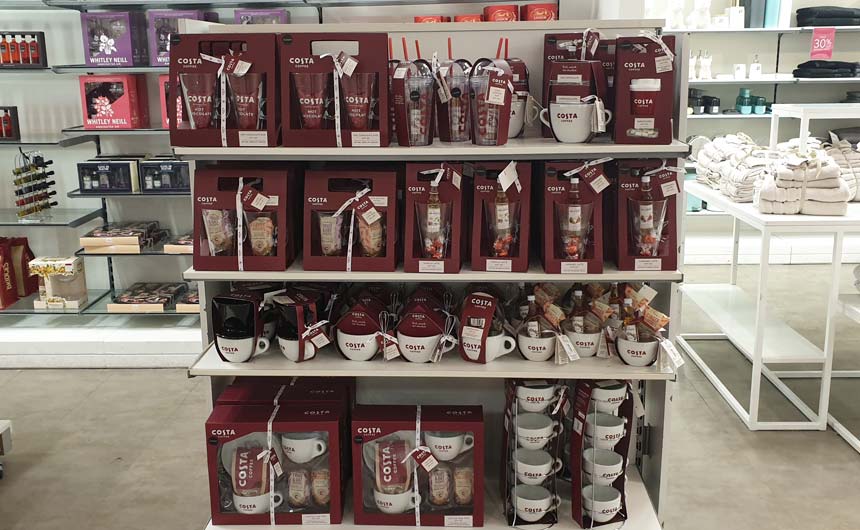
A sure sign that Christmas is on the way is when retailers such as Debenhams launch their Christmas gift ranges.
A key part of these ranges are composite food gifts. Specialist companies like Kimm & Miller, Beams and Scoop Designs work with companies like Costa, Britvic and Kellogg’s to create composite gifts which see items like mugs and bowls co-packed with food items.
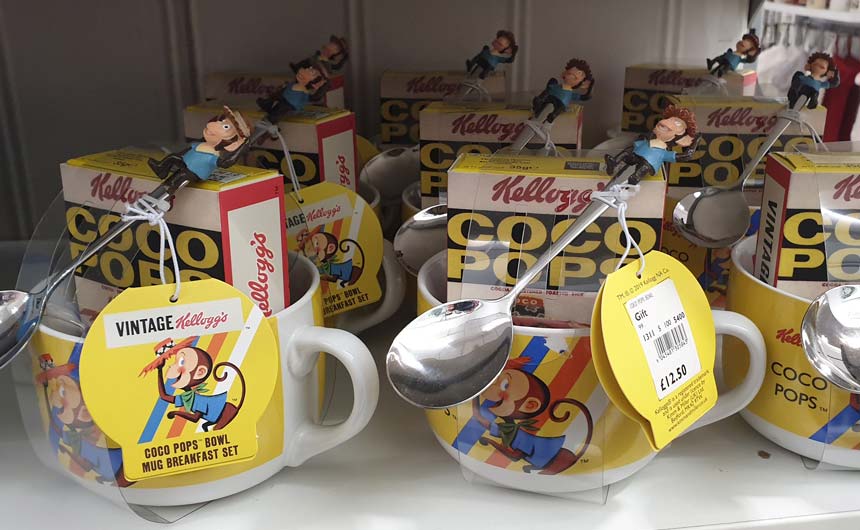
Debenhams has always been a big supporter of this category. My store visit to the Wimbledon branch suggested it may have cut back a little this year, but food gifting is still a good category for licensing and often sees ‘new’ brands being featured.
That said brands like Kellogg’s and Costa are now staples of the category. This is a good example that sometimes long-term partnerships can flourish in licensing between licensee, IP owner and agent if there is a spirit of partnership and a planned approach to licensing.
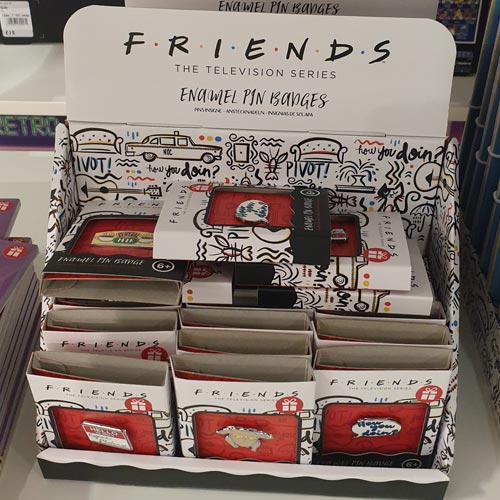
Composite food gifting is a category that is planned a long time ahead – planning for Christmas 2020 has started already. It was good to see Debenhams still supporting the category. It also had gift ranges for properties like Game of Thrones, Friends and Harry Potter. It has built quite big areas for these properties and bought product in depth. Hopefully this strategy will pay off and licensing will work for it. Debenhams appears to be a retailer in transition – the Wimbledon store I visited had a large Sports Direct department within it. Licensing can certainly help retailers create a point of difference when deployed in the right way. Retailers like Debenhams are important to licensing, but licensing is also important to retailers like Debenhams.
Retail times are certainly tough – yesterday (October 9) jewellery retailer Links of London went into administration. It has featured licensed ranges over the years. We have to be aware and realistic of the tough trading conditions, but I also think we need to be aware that licensing can make a difference and can add value without being discounted.
Initiatives like the Rubik’s Cube pop-up store show how licensing can come alive at retail, but it has to be in a spirit of partnership and with a planned approach. Hopefully retailers like Debenhams will have a good Christmas. It is worth popping into stores at this time of year to see how licensing and licensed products are being used.
Ian Downes runs Start Licensing, an independent brand licensing agency. His Twitter handle is @startlicensing – he would welcome your suggestions for what to look out for.



























